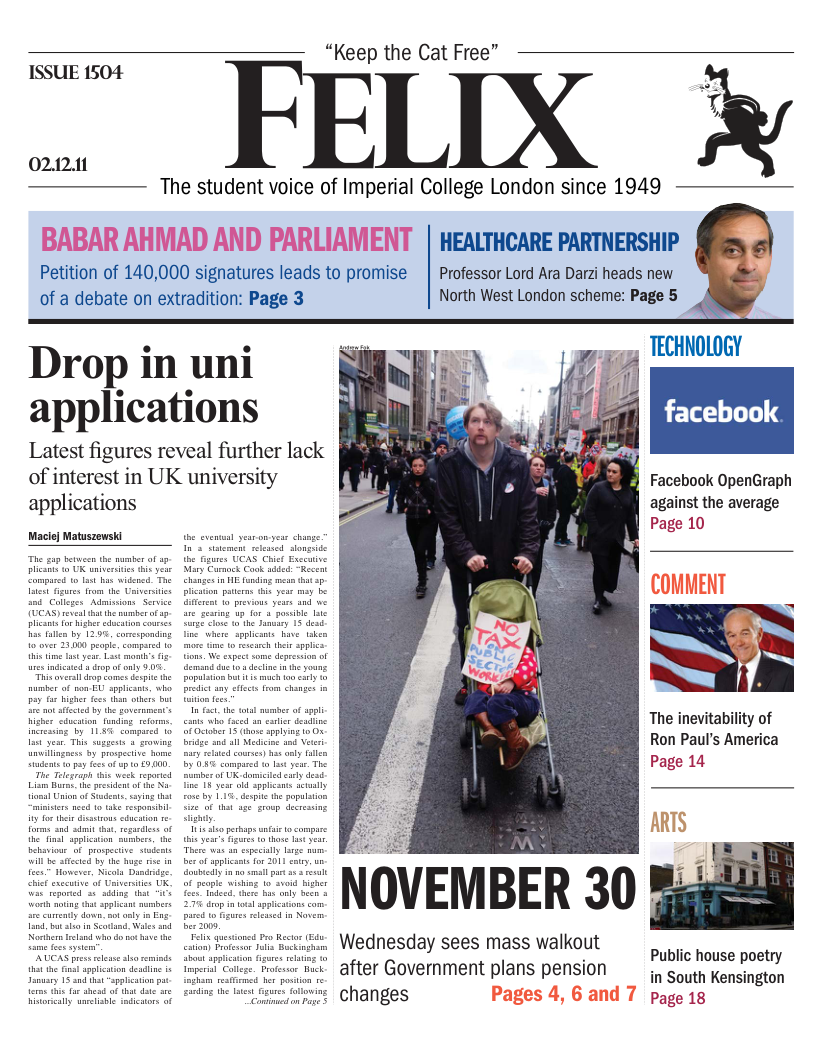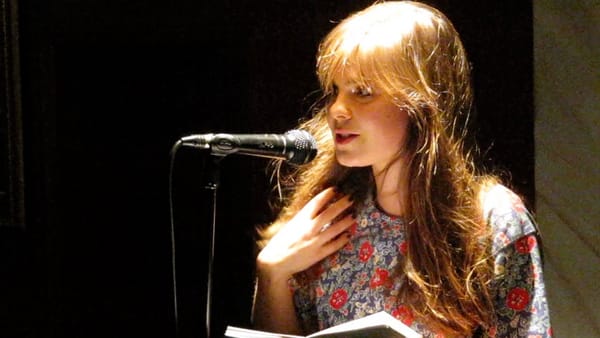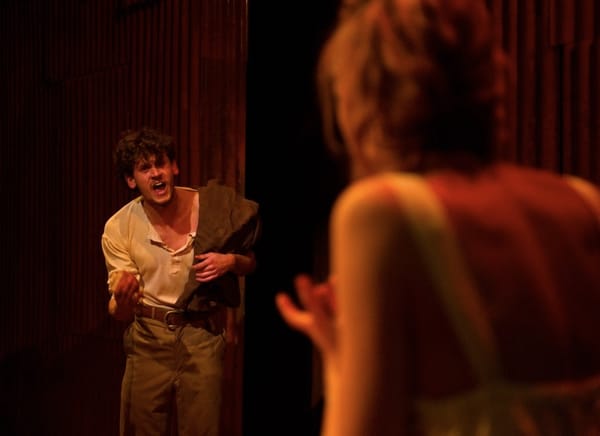The Old Man and the Movie
How Woody Allen's Midnight in Paris relates to desperate housewives in Brinkley's
It was Tuesday and I found myself having a beer in Brinkley’s, the louche Chelsea eatery and favourite Hugh Grant haunt, and I was surrounded by middle-aged desperate housewives. They were botoxed and dyed blonde and high-heeled. It was then that I became engulfed in a peculiar Hemingwayesque malaise. It was then that I realised just how depressing desperate housewives are. It was then that I noticed there are too many cheerless people busy gold digging and lust searching at the same time when the two appear to be incompatible. They demonstrate that romance is dead in all too many marriages.
It was therefore appropriate that I stumbled upon Woody Allen’s latest cinematic oeuvre Midnight in Paris on Wednesday. In what has been rightfully hailed as a cinematic tour of a golden age of art and literature, the film prominently features Ernest Hemingway throughout. His bold, poignant sentences in stark contrast to Owen Wilson’s lead character’s somewhat clumsy Californian chat.
The artist’s job is not to succumb to despair but to find an antidote for the emptiness of existence
The film explores, by means of sharp wit and a stunning Parisian back-drop, that a life without art is a life not worth living. As Gertrude Stein (yes, she’s in the film too) observes: “The artist’s job is not to succumb to despair but to find an antidote for the emptiness of existence.” It is around this theme that we meet Picasso, Matisse, Dalí, Man Ray, Scott Fitzgerald, and many more; each with their own delightfully attributed clichés. Not least Hemingway, parodied with such gems as “no subject is terrible if the story is true and if the prose is clean and honest.”
A couple of years ago I saw Woody Allen play the clarinet with his New Orleans Jazz Band in Paris. While his rendition of ‘If I Had You’ sounded more asthmatic wheezing fox than Benny Goodman, his passion for jazz shone through. His films have consistently played themselves out to the tune of jazz standards and provided the uninitiated with a glut of great melodies. Midnight in Paris is no different, with Cole Porter making an appearance as he strokes the ivories to the sound of ‘Let’s Do’ It at a characteristic 1920’s hedonistic party.
The movie also argues that lasting relationships are built neither on lust nor love at first sight. Unlike the pseudo-romantic marriages of the aforementioned desperate housewives, they are built on understanding founded on shared tastes. Woody Allen has his critics. They proclaim that the gags are cheap and that the sets are clichéd and that the plots are thin. But I have always loved his films (although best to avoid Scoop). Perhaps this love too stems from shared tastes. Affection for jazz, hearty quips, and a belief that life shouldn’t be taken too seriously.










